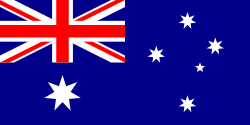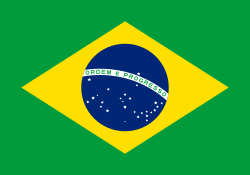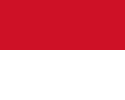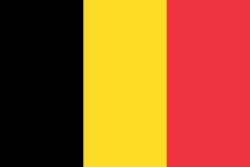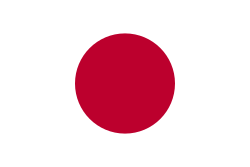Tysklands Grand Prix 1998
 | |
| Datum | 2 augusti 1998 |
|---|---|
| Bana | Hockenheimring |
| Sträcka | 45 × 6,823 = 307,035 km |
| Vinnare | Mika Häkkinen, McLaren-Mercedes |
| Pole position | Mika Häkkinen, McLaren-Mercedes |
| Snabbaste varv | David Coulthard, McLaren-Mercedes, 1:46,116 |
Tysklands Grand Prix 1998 var det elfte av 16 lopp ingående i formel 1-VM 1998.
Rapport
Michael Schumacher kvalade in som nia och gick i mål som femma. Samtidigt hade Mika Häkkinen problem med sin bil och fick lita till att David Coulthard bevakade eventuella attacker från Jacques Villeneuve. Om Villeneuve hade kommit förbi Coulthard hade han sannolikhet vunnit. Nu ledde Häkkinen med 16 poäng före Schumacher och förar-VM verkade avgjort.
Resultat
- Mika Häkkinen, McLaren-Mercedes, 10 poäng
- David Coulthard, McLaren-Mercedes, 6
- Jacques Villeneuve, Williams-Mecachrome, 4
- Damon Hill, Jordan-Mugen Honda, 3
- Michael Schumacher, Ferrari, 2
- Ralf Schumacher, Jordan-Mugen Honda, 1
- Giancarlo Fisichella, Benetton-Playlife
- Eddie Irvine, Ferrari
- Heinz-Harald Frentzen, Williams-Mecachrome
- Jean Alesi, Sauber-Petronas
- Alexander Wurz, Benetton-Playlife
- Jarno Trulli, Prost-Peugeot
- Toranosuke Takagi, Tyrrell-Ford
- Mika Salo, Arrows
- Olivier Panis, Prost-Peugeot
- Esteban Tuero, Minardi-Ford
Förare som bröt loppet
- Johnny Herbert, Sauber-Petronas (varv 37, växellåda)
- Shinji Nakano, Minardi-Ford (36, växellåda)
- Rubens Barrichello, Stewart-Ford (27, växellåda)
- Jos Verstappen, Stewart-Ford (24, växellåda)
- Pedro Diniz, Arrows (2, gasspjäll)
Förare som ej kvalificerade sig
- Ricardo Rosset, Tyrrell-Ford
VM-ställning
Förarmästerskapet | Konstruktörsmästerskapet
|
| ||||||||
| |||||
Media som används på denna webbplats
The civil ensign and flag of Belgium. It is identical to Image:Flag of Belgium.svg except that it has a 2:3 ratio, instead of 13:15.
The Flag of Europe is the flag and emblem of the European Union (EU) and Council of Europe (CoE). It consists of a circle of 12 golden (yellow) stars on a blue background. It was created in 1955 by the CoE and adopted by the EU, then the European Communities, in the 1980s.
The CoE and EU are distinct in membership and nature. The CoE is a 47-member international organisation dealing with human rights and rule of law, while the EU is a quasi-federal union of 27 states focused on economic integration and political cooperation. Today, the flag is mostly associated with the latter.
It was the intention of the CoE that the flag should come to represent Europe as a whole, and since its adoption the membership of the CoE covers nearly the entire continent. This is why the EU adopted the same flag. The flag has been used to represent Europe in sporting events and as a pro-democracy banner outside the Union.Författare/Upphovsman: Will Pittenger, Licens: CC BY-SA 3.0
Track map of Hockenheimring as it was prior to 2002. All turn numbers were assigned by the image author as no data was available. A version showing the current layout will be done as soon as I see updated imagery in Google Earth. Without that, not much I can do.




